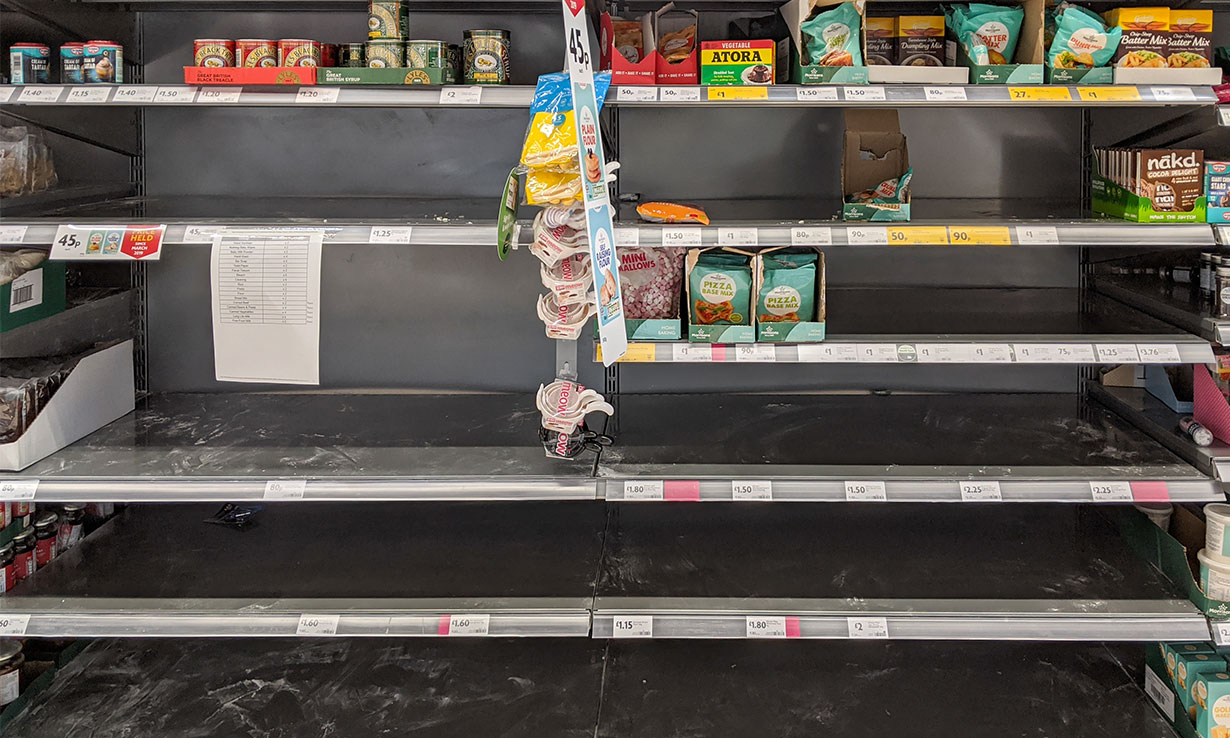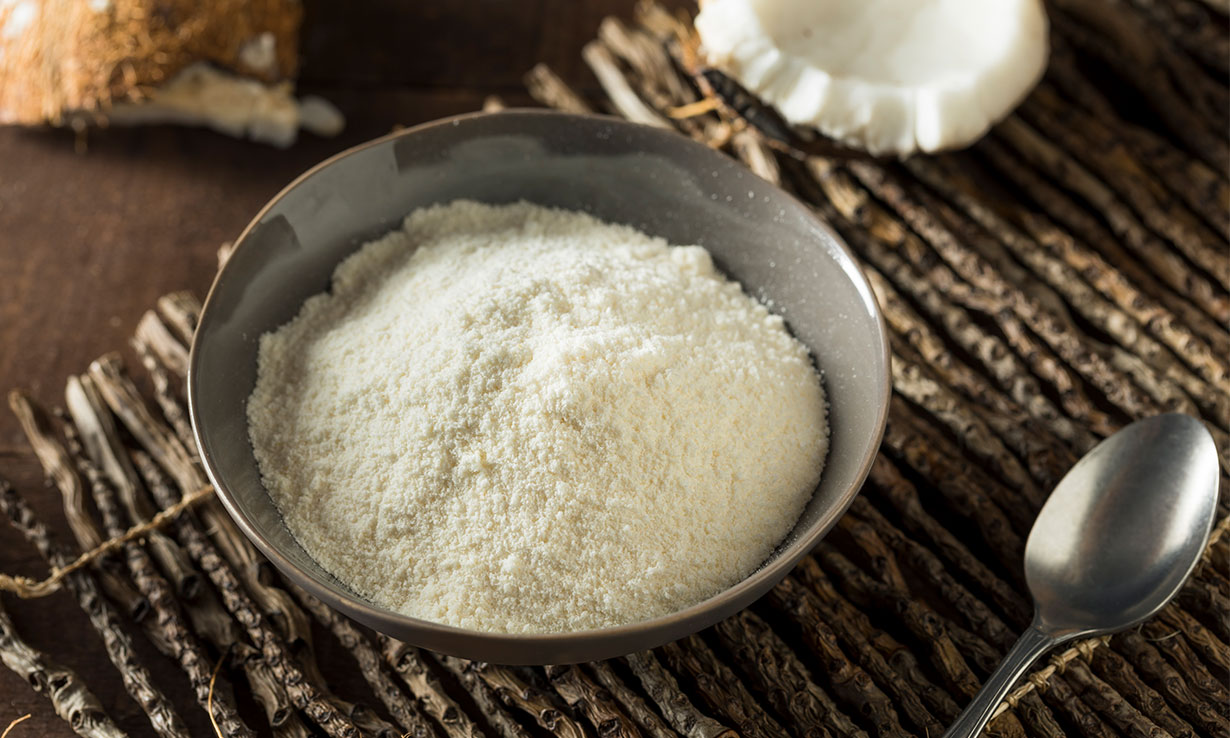By clicking a retailer link you consent to third-party cookies that track your onward journey. This enables W? to receive an affiliate commission if you make a purchase, which supports our mission to be the UK's consumer champion.
Baking substitutes to use at home during the flour shortage

Many of us have dusted off our aprons and turned to baking in an attempt to lift our spirits during lockdown.
But with more people baking at home, there's been greater demand for essential baking ingredients such as flour and eggs. If you manage to head to the home baking aisle of your local supermarket, you're lucky if you can pick up any flour at all, let alone the exact variety your recipe calls for.
Thankfully, there are plenty of alternatives you can use as a substitute for regular flour that can help you turn out delicious bakes, whether you're aiming for a fluffy sponge or a beautifully baked loaf of bread.
Keen to try your hand at some baking? Read our reviews of the best stand mixers, the best blenders and the best food processors.
Watch: How to make flour at home
We spoke to baking expert Dan Lepard about how you can make flour at home using wet milling or dry milling, with ingredients you might already have at the back of your cupboard.
Why is there a flour shortage?

Confined to our homes, we've become a nation of baking enthusiasts during lockdown, which has led to an increased demand for flour.
Most flour produced in the UK is sold in bulk to food manufacturers, with only around 4% sold in smaller bags to shops. There's currently not enough capacity to pack the flour into smaller bags, meaning we're seeing empty supermarket shelves.
Can't find eggs or butter? Five vegan-friendly substitutes for baking
Floursubstitutes forbaking
If you haven't been able to find any regular flour, here are five substitutes you can try.
1. Almond flour

Made from finely ground almonds, this flour has a mild, sweet flavour. Its high fat content will ensure cakes turn out deliciously moist - although as it doesn't contain gluten, bakes may not rise as much.
2. Chickpea flour

Chickpea, or gram, flour is made from finely ground dried chickpeas and has an earthy smell and nutty taste. It's ideal for use in dense cakes, biscuits and tray bakes.
3. Coconut flour

This flour is made from dried ground coconut pulp and gives a dense, heavy texture. It has high absorbency, so you'll need to add extra liquid or fat to avoid ending up with a dry bake.
4. Rice flour

Available in both white and brown varieties, this flour is made of finely ground rice and is ideal for giving a stable structure. The resulting bake tends to have a slightly nutty flavour and sandy texture.
5. Spelt flour

Spelt is a type of whole grain with a mild, sweet flavour that gives bakes a soft, light texture. Like wheat flour, it contains gluten, so it's suitable for use in a wide variety of recipes, including cakes, cookies and bread. It's more water soluble than wheat, though, so you may need less liquid.
The best ovens - find out which ovens will help you achieve the perfect bake.
How to make self-raising flour from plain flour

If you're struggling to find self-raising flour at the shops, you can convert plain flour to self-raising by adding some baking powder.
Add 2 teaspoons of baking powder for every 150g plain flour and sift to make sure it's well distributed.
See our recipe for perfectly fluffy homemade Yorkshire puddings
Do you need bread flour to make bread?

Bread flour is made from wheat that has a higher gluten content than plain flour. This adds strength to the dough and enables it to rise.
It's perfectly fine to use plain flour when making bread, although you might find the bread doesn't hold its shape as well. It's worth noting that the dough won't need as much liquid, due to the lower gluten content.
- A bread maker can take the hassle out of homemade bread. Read our bread maker buying guide to find out which features to look for.
- Find out the best spreadable butter to have on your loaf.
Where can I buy flour?

With most supermarkets low on flour stocks, you could try buying flour directly from mills. These usually come in much bigger sizes than the 1kg bags we're used to, although some are offering smaller bags.
You could also check your local bakery. Or Asda and Morrisons are both selling flour from their in-store bakeries.


